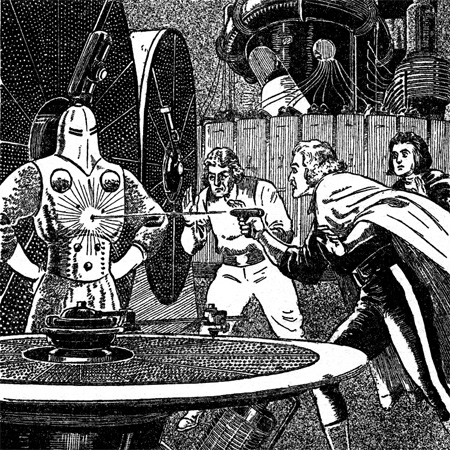Ar500 level iv ceramic.
Energy required to defeat ceramic bod armor.
Other armor types include ceramic body armor and ultra high density polyethylene or plastic capable of stopping bullets up to armor piercing 30 06 rifle rounds.
The m993 dramatically outperformed the b32.
While steel armor technically is a stronger material than ceramic there are certain types of bullets particularly ar 15 rounds that impact steel armor more than ceramic.
Not only was the m993 capable of perforating both plates it carried a great deal of energy into the ballistic gel block and passed all the way through.
30 more muzzle energy than that round with a 7mm projectile is likely impossible with conventional or even foreseeable small arms ammunition technology to say nothing of practical.
The second big takeaway here is that no matter how good armor is there s always something that can defeat it.
One drawback to ceramic armor is that it cannot handle precision rounds in the.
The easiest way to overmatch a helmet rated to stop 9mm ammunition typically 330 or more foot pounds of energy is to target it with a 5 56mm carbine round 1 300 foot pounds of energy armor.
By adding a ceramic face polyethylene plates can be certified to level iv and will stop steel core and tactical rifle rounds up to and including 166 grain 30 caliber m2 armor piercing.
Spike protection is measured in joules which is equal to the work done by a force of one newton when its point of application moves one meter in the.
Best ceramic level iv body armor.
The muzzle energy required for even a 500m effective range with a conventional necked down case and bore riding bullet is 30 higher than even the 7mm rum which is itself already at or beyond the point of diminishing returns for case volume.
Damn commies lose we win.
But ceramic body armor also offers impressive protection thanks to ultra durable attributes.
If you re looking for a little bit more serious protection and don t mind the bulk ar500 s level iv ceramic pe armor might be what you re looking for.
Like any measure on the battlefield there is always a countermeasure.
Hard ceramic materials defeat the kinetic energy projectile by shattering it into pieces decreasing its ability to penetrate.
The years since 1985 saw the increasing use of composites in ballistic armor ceramics and or fibers to protect against small arms ammunition rifle up to 12 7 99 mm as well as larger calibers from 14 5 mm autocannon.
Most major armed forces are working to defeat contemporary body armors while increasing their own levels of.
Against heat rounds the ceramic elements break up the geometry of the metal jet generated by the shaped charge greatly diminishing penetration.

